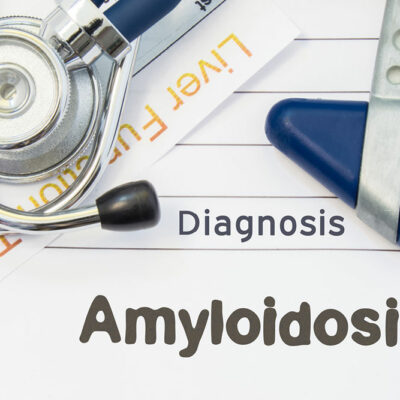
Gastric Cancer Risk Factors
Gastric cancer affects the lives of more than 27,000 people in the United States. The variety of different cancers all pose different symptoms and risk factors. While risk factors associated with cancer does not signify a definite diagnosis, knowing what to look for is essential to early detection and treatment to increase the chance of survival. Researchers have discovered a host of several risk factors in relation to stomach cancer.
The major risk factors associated with gastric cancer include the following:
1. Tobacco use
Smoking can lead to a number of different diseases and complications within the body, and stomach cancer is no exception. Smoking increases the risk of developing cancers in the upper region of the body, as its toxins can cause damage to the esophagus and other areas located near the stomach.
2. Diet
Maintaining a proper diet and nutrition helps reduce the risk of developing gastric cancer. However, studies have shown that those who consume large amounts of smoked or salted foods, fast food, and pickled vegetables are at greater risk of being diagnosed later in life. This is because nitrates and nitrites are often found in these foods, and can be converted to harmful bacteria that promotes the growth of cancer cells in the stomach.
3. Ethnicity
While uncontrollable, ethnicity plays a significant risk factor in relation to all forms of cancer. In the United States these rates are more common amongst African Americans, Hispanic Americans, Native Americans, and Asian/Pacific Islanders.
4. Pernicious anemia
Intrinsic factor, or IF, is a substance produced within the stomach lining to help absorb vitamin B12. When an individual lacks a sustainable amount of IF, it can lead to a vitamin B12 deficiency. This deficiency affects the body’s ability to make new red blood cells and can lead to the development of cancer cells in the stomach, along with a number of other conditions.
5. Occupational hazards
Working with materials like coal, rubber, and metal can increase the risk of developing cancer cells within the stomach. The dust and residue left by these materials are often carcinogenic. Prolonged exposure to these particles can weaken the immune system, promote the growth of cancer cells.
6. Menetrier disease (hypertrophic gastropathy)
While this condition is rare, it is an associated risk of abdominal cancer because it causes an excess of growth in the stomach lining. The excess growth causes kinks and folds within the lining, leading to insufficient levels of stomach acid.
Survival and recovery rates of all forms of cancer increase with early diagnosis. If you have questions about your risk of developing this condition or other cancers, speak with your health care provider about the next steps to taking control of your health.


